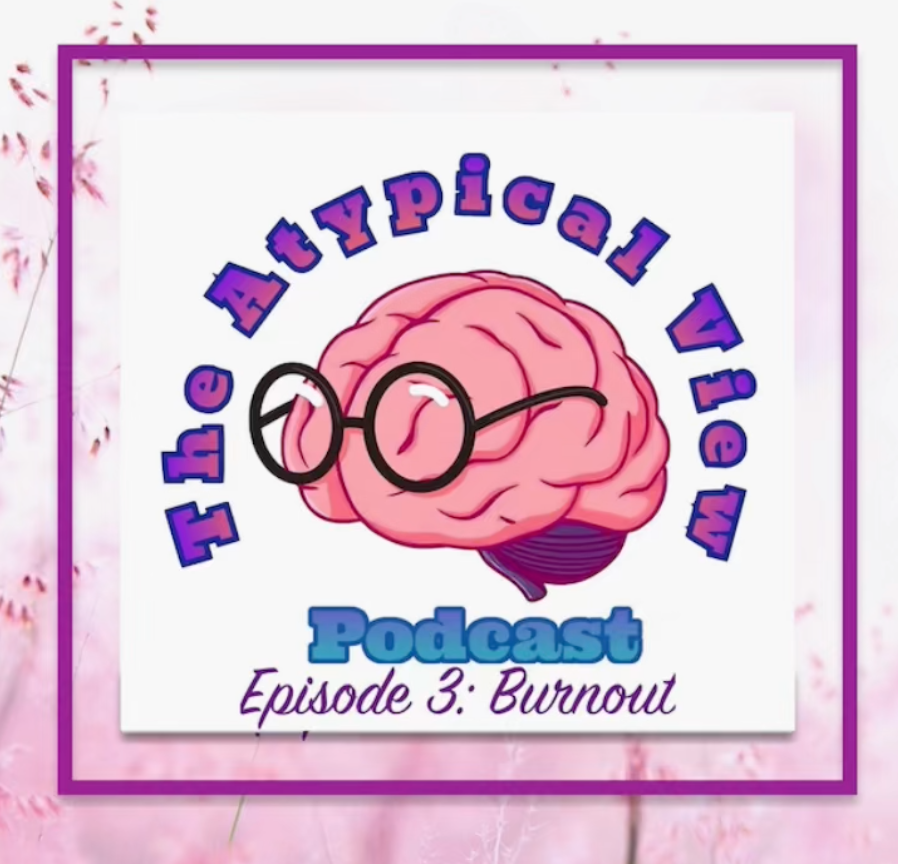At The Atypical View, we see so many late-diagnosed autistics come to therapy or coaching asking the same question: “Why am I so exhausted all the time, even when I rest?”
Often, the answer is autistic burnout.
What is Autistic Burnout?
Autistic burnout is a state of deep exhaustion that goes beyond normal tiredness. It’s the result of long-term stress from:
- Masking or hiding autistic traits to fit in
- Navigating overwhelming sensory environments
- Constantly adapting to neurotypical expectations
This isn’t just “work burnout.” While a neurotypical person may recover from work stress with a vacation or a lighter workload, autistic burnout often requires much more time and care to heal.
How It Differs from Depression
Autistic burnout can look a lot like depression, low energy, trouble engaging, needing more downtime. But there are key differences:
- Depression: Often caused by mood dysregulation or brain chemistry.
- Depression may improve by behavioral activation, such as seeing a friend, going to the gym, or going for a walk.
- Treatments like CBT may be effective for depression
- Autistic burnout: Caused by prolonged overwhelm, sensory stress, and masking.
- Unlike depression, behavioral activation may worsen burnout, and may need alone quite time with their hobbies.
- Treatments like CBT are proven to be ineffective for autistic clients, and instead need somatic reconnection.
A late-diagnosed autistic in burnout may want to connect, create, or work toward goals, but their system simply doesn’t have the capacity until they recover.
Click here for
The Atypical View Podcast on this topic:

Burnout and Dissociation
For many neurodivergent folks, burnout is also tied to dissociation. When stress gets too high, the brain protects itself by shutting down or disconnecting from the body. This might feel like:
- Being “spaced out” or numb
- Losing track of time
- Feeling disconnected from yourself or your surroundings
While protective, dissociation can make burnout harder to climb out of without support.
At The Atypical View, we offer therapy and coaching to support late-diagnosed autistics and other neurodivergent individuals. Our goal is not only to help clients recover from burnout but also to create systems that reduce the chances of falling back into it.


